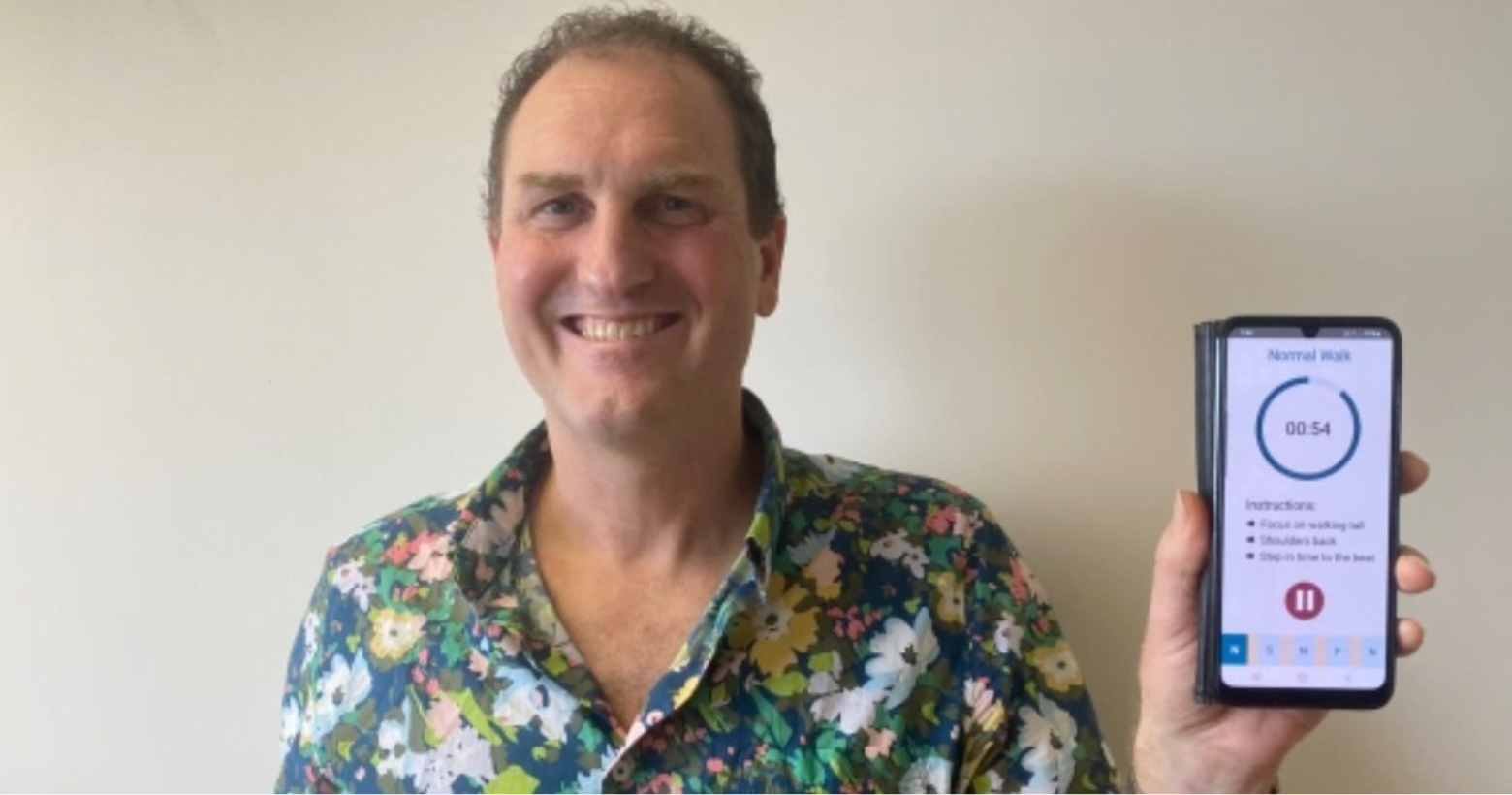Game-changing technology for those living with disability
For participants, technology can play a key role in boosting better health outcomes.
At myAutonomy, we’re excited to see game-changing Australian technologies emerging that can increase balance, mobility, and independence.
Whether it’s an app to help participants improve their gait, an exoskeleton to boost posture and movement, or a wheelchair that operates for maximum independence, tech can play a big role in quality of life.
Let’s take a look at some of the new key technologies.
Walking Tall
New app, Walking Tall, is an exciting step forward for those who experience Parkinson’s disease. Developed by researchers from the University of New South Wales [UNSW], the app can help to track and support the gait of people with the disease.
Roughly 10 million people worldwide have Parkinson’s disease and 150,000 of those are based in Australia. Gait dysfunction, movement challenges, and falls are common challenges that those people face.
The Walking Tall app is focused on helping participants improve their walking––something that can prove particularly challenging––with the app as a support system. The app allows users to set their training time and pace, it then provides a rhythmic metronomic beat that matches different walking speeds. This can help the participant to walk in time with the beat, training their movement and replacing the need to think about taking steps.
To design the app effectively, those with the disease played a key role in the process. Of those participants, large improvements were seen. The control group in the research walked just 60 minutes per week, but those who used the app were able to more than double their training time to 150 minutes per week.
Best of all, the app is completely free to download on iOS and Android.
RobotFit
Known as Australia’s first robot-powered therapy centre, RoboFit uses cutting-edge technology to combine physiology and physiotherapy.
RoboFit uses the assistance of ‘HAL’ the world’s first neuro-controlled exoskeleton. HAL helps to train, support and enhance the wearer’s strength.
HAL operates using electrodes. HAL reads the wearer’s bioelectric signals, interprets their intention, and then works with them to complete movements. The wearer, for example, may be able to provide 30% of the effort required for a movement––HAL can then provide the remaining 70%. Doing these movements helps remap the wearer’s neural pathways to improve mobility and movement over time.
Located in NSW, RoboFit is an exercise and physical therapy clinic specialising in a range of services. They assist those living with neurological or musculoskeletal conditions including:
- Spinal cord injury
- Brain injury
- Parkinson’s disease
- Multiple sclerosis
- Cerebral Palsy
- Stroke
The results are very promising. Take participant Dan, for example. Over a 4 week block period, Dan’s 6-minute walking test distance doubled from 75m to 150m with assistance, and increased by a further 20% in week eight to 180 metres.
Control Bionics
To help those with complex communication and physical needs, Control Bionics offers a suite of assistive technology.
Now, with the rise of AI and Internet of Things (IoT) devices, they’re offering a world-first product.
For some––such as those who experience motor neurone disease, multiple sclerosis, spinal muscular atrophy, and cerebral palsy––using a typical wheelchair is challenging or even impossible.
DROVE is an Australian-made, world-first autonomous wheelchair that allows users to navigate their wheelchair within the home without the need for a joystick. The DROVE wheelchair can instead be operated by touch, switch and/or eye gaze access methods on their existing AAC device. With an advanced camera system, the user simply needs to select the pre-defined destination they would like to go to and DROVE can safely drive without any other input from the user.
Launching in 2023, DROVE is a registered NDIS provider with 24/7 technical support.
We’re here to help
Have a question about whether assistive technology is part of your NDIS plan? Reach out to our friendly team. We’re only too happy to support you.
Contact us today on 1300 60 33 89 or send us an email [email protected].





